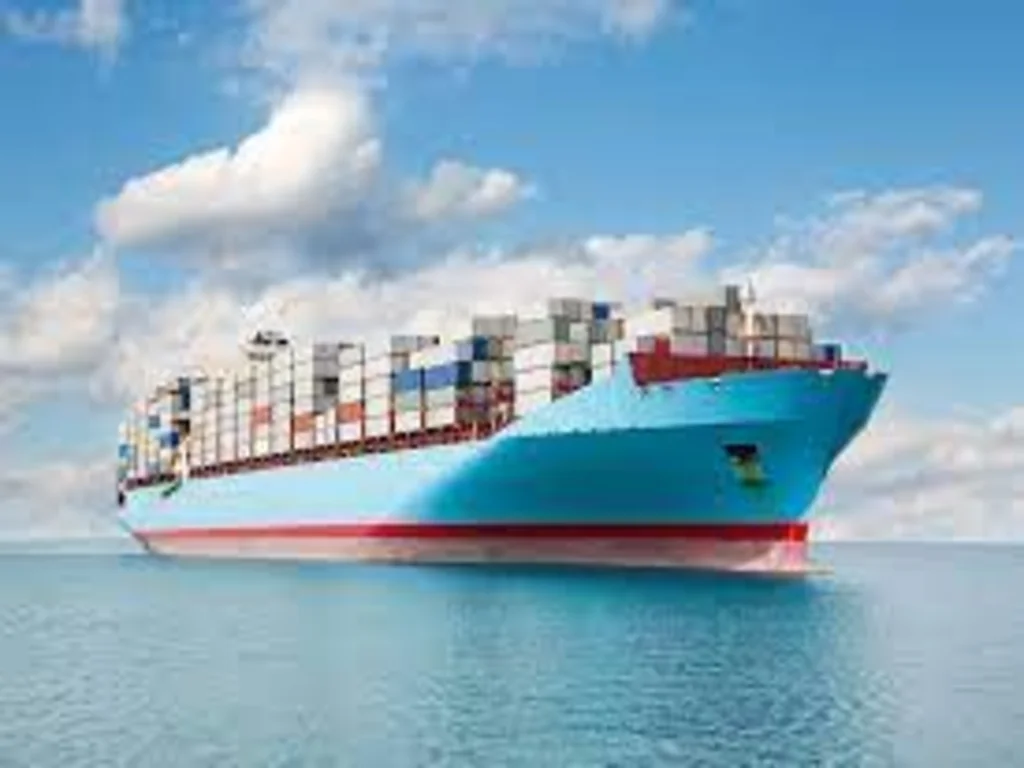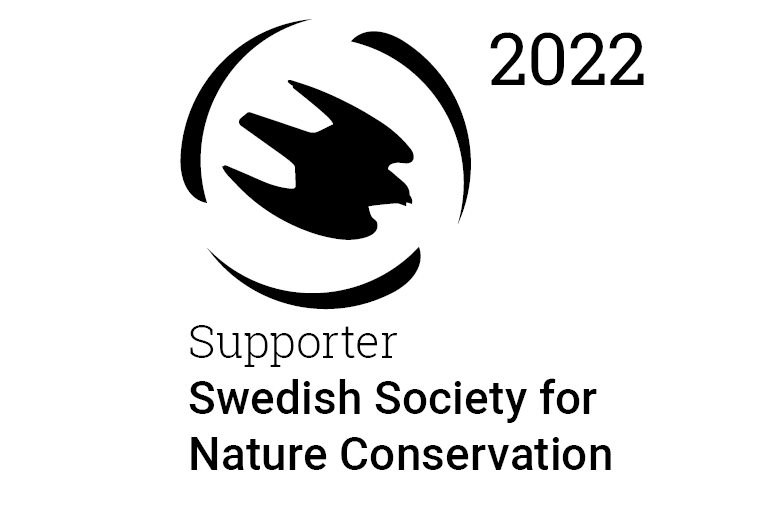- Home
- News Details
News Details

Sea transport requirements to be revised by Japan
2022-11-23 Reference source : Japan
Chemical industry Hazardous chemicals
The Ministry of Land, Infrastructure, Transport and Tourism (MLIT) is the Japanese government agency responsible for the comprehensive and systematic use, development and conservation of the land, consistent development of social capital, promotion of transportation policies, development of meteorological services, and ensuring maritime safety and security.
To comply with the International Maritime Dangerous Goods Code's 41st amendment, Japan’s MLTI has recommended that the rules for carrying and storing dangerous products aboard ships should be updated for several chemicals.
The International Maritime Dangerous Goods Code (IMDG Code) is an international code for the maritime transport of dangerous goods in packaged form, implemented to enhance and harmonize the safe carriage of dangerous goods and to prevent pollution of the environment. The Code sets out in detail the requirements applicable for each substance, material or article, covering matters such as packing, container traffic and stowage, with particular reference to the segregation of incompatible substances.
The 41st amendment of the IMDG Code will be mandatory from 1 January 2024; however, International Maritime Organization (IMO) invites administrations to apply it from 1 January 2023. Japan also decided to adopt the IMO's suggestions and begin implementing the updated IMDG code on 1 January 2023 in order to ensure a seamless transition.
In a notice for public comment published on 26 October 2022, the ministry proposes to:
- revise the transport requirements for cobalt (II) hydroxide powder and substances containing 10% or more of its respiratory particles
- revise the dangerous goods list's classification of UN1891 ethyl bromide from hazard class 6.1 (a poisonous substance) to main hazard class 3 (flammable liquids) and secondary hazards 6.1, as well as its allowable capacity and mass for safety measures
- remove differentiated quarantine requirements for acids and strong acids
- provide new transport guidelines for liquid compounds such as isoalkanes
- consolidate 'UN1169 fragrant liquid extract (essential oil)' and 'UN1197 fragrant liquid extract (fragrant)' as 'UN1197 fragrant extract (essential oils or fragrant)
The deadline for public comment is 28 November 2022. Late December is anticipated for promulgation, with enforcement beginning on 1 January 2023.
The International Maritime Organization (IMO) previously known as the Inter-Governmental Maritime Consultative Organization until 1982, is a specialized agency of the United Nations responsible for regulating shipping. The IMO's primary purpose is to develop and maintain a comprehensive regulatory framework for shipping and its remit today includes maritime safety, environmental concerns, legal matters, technical cooperation, maritime security, and the efficiency of shipping.
We acknowledge that the above information has been compiled from Japan.
Global Product Compliance (GPC) specializes in Global Regulatory Compliance Solutions across sectors
globally. SSS Europe, a familiar name in chemical regulatory and compliance services now formally belongs
under the umbrella of GPC Holding Sweden.
Since 2008, we have emerged as one of the leading names among Global Regulatory Compliance Service
Providers with Representation services in Europe, Asia and Middle East for respective chemical
regulations.


